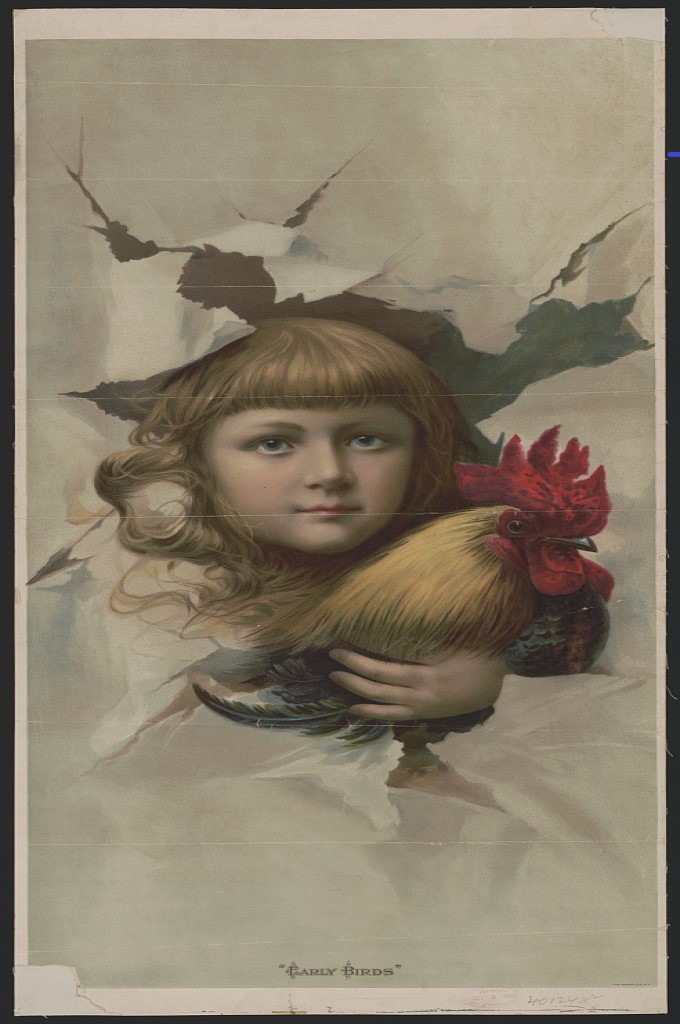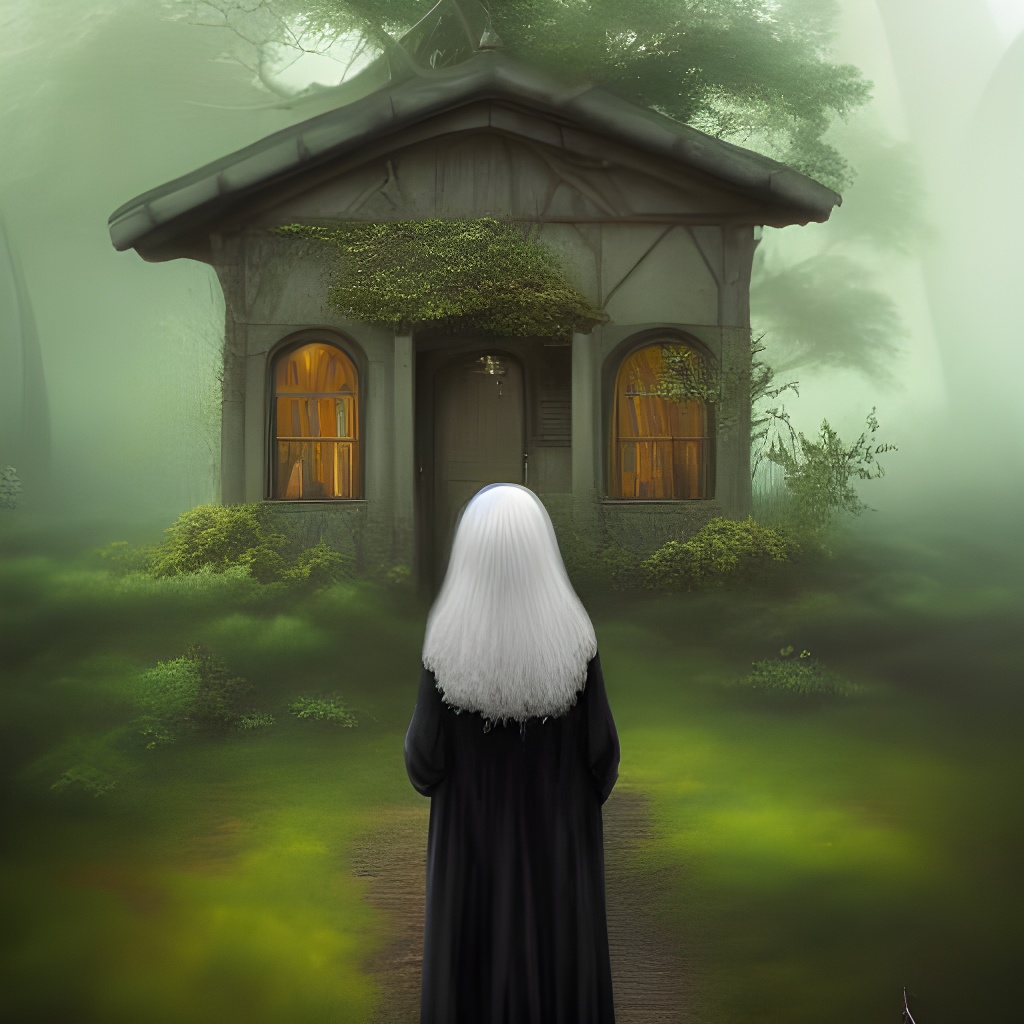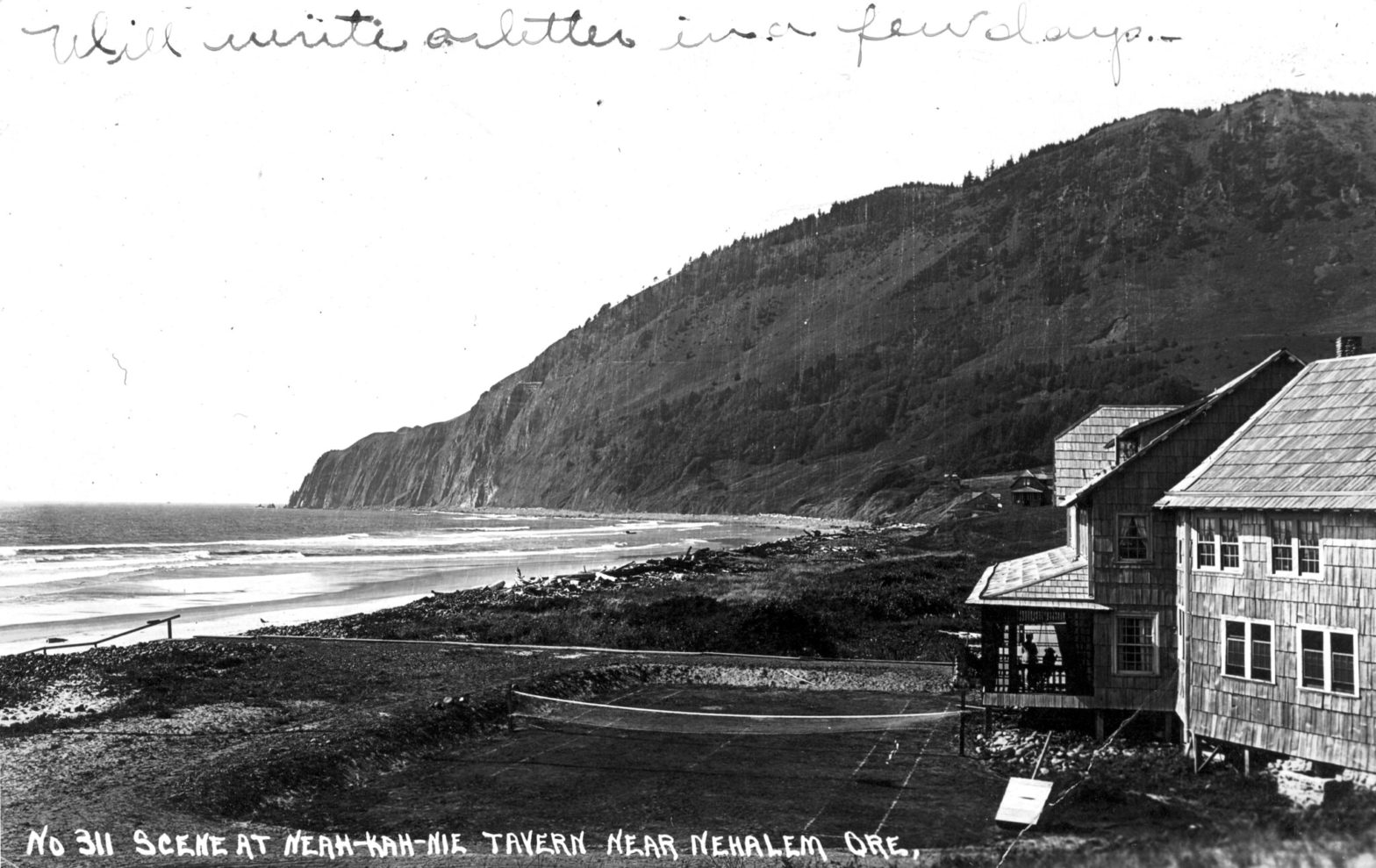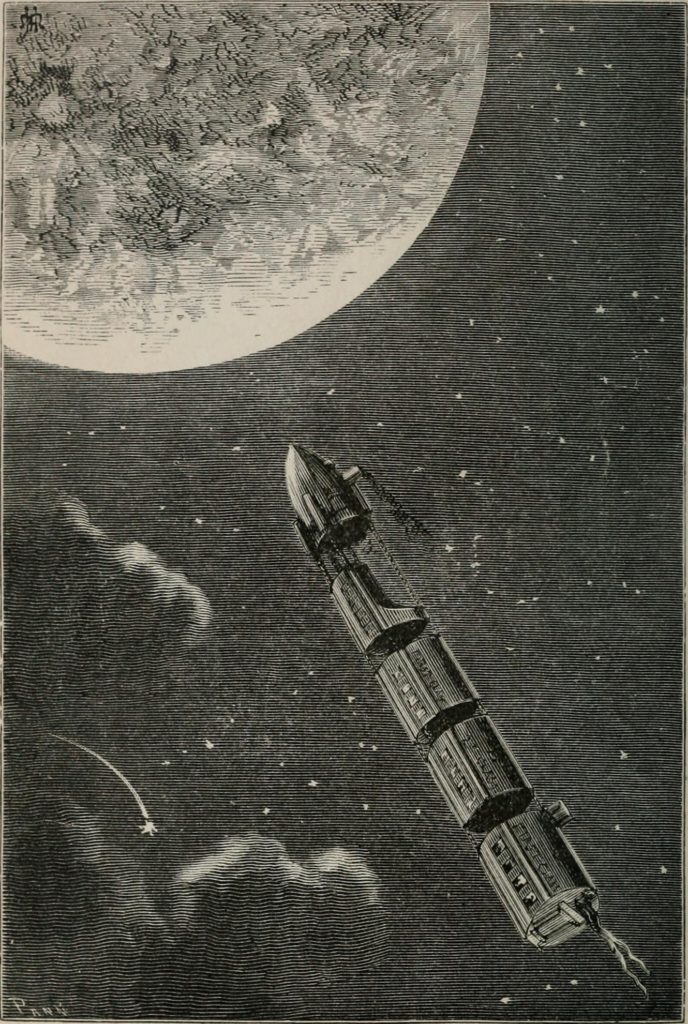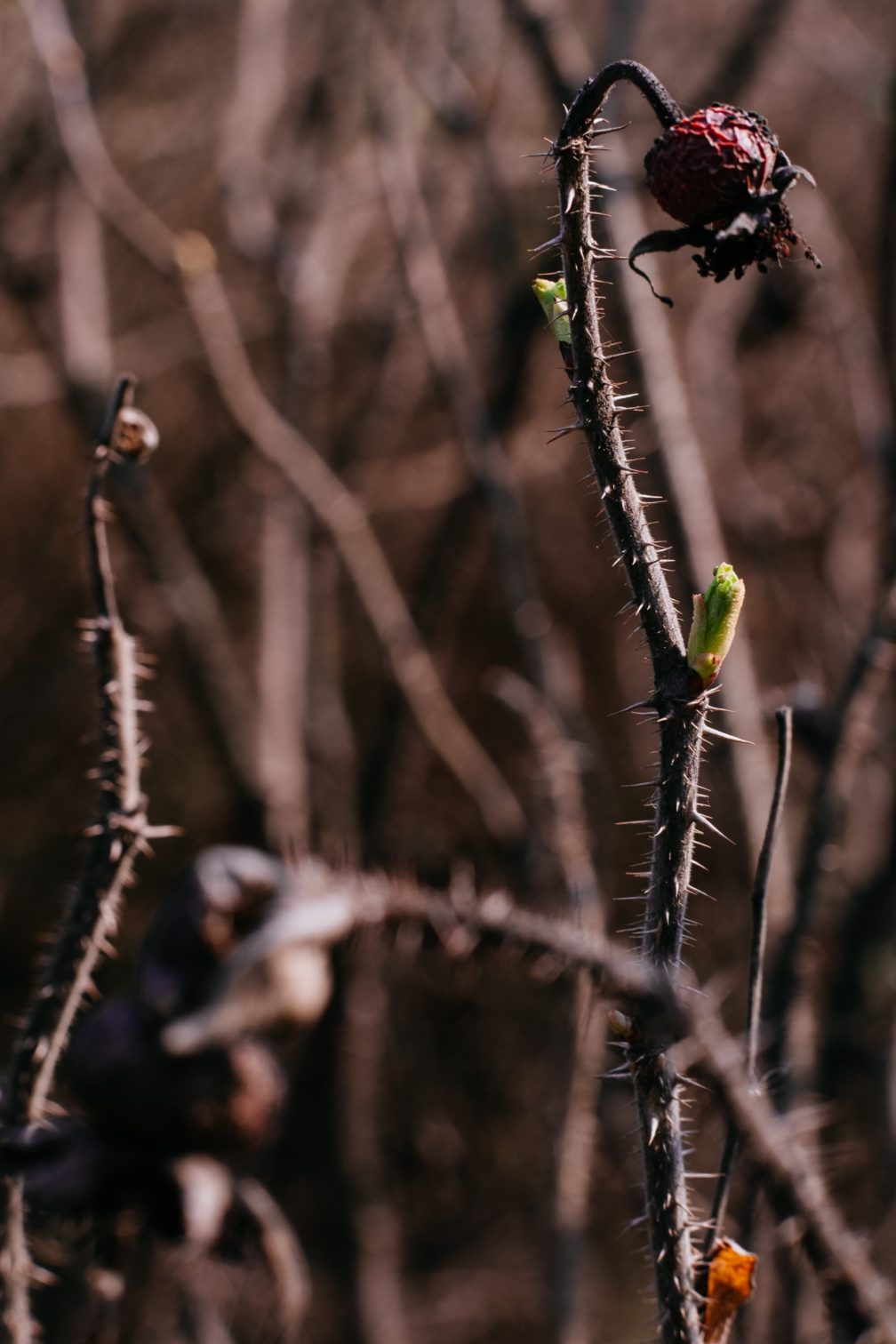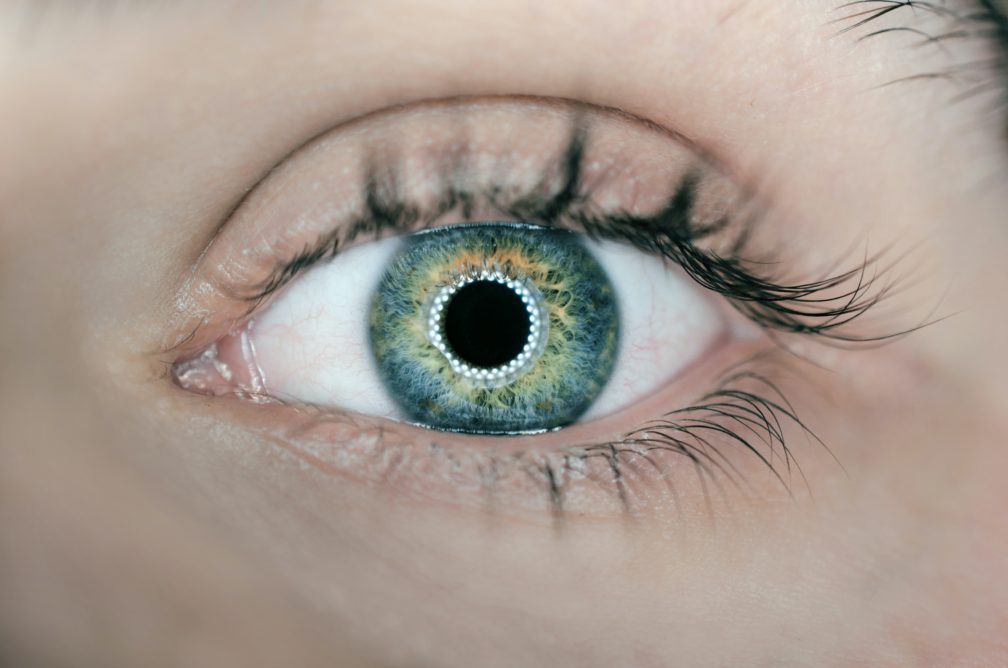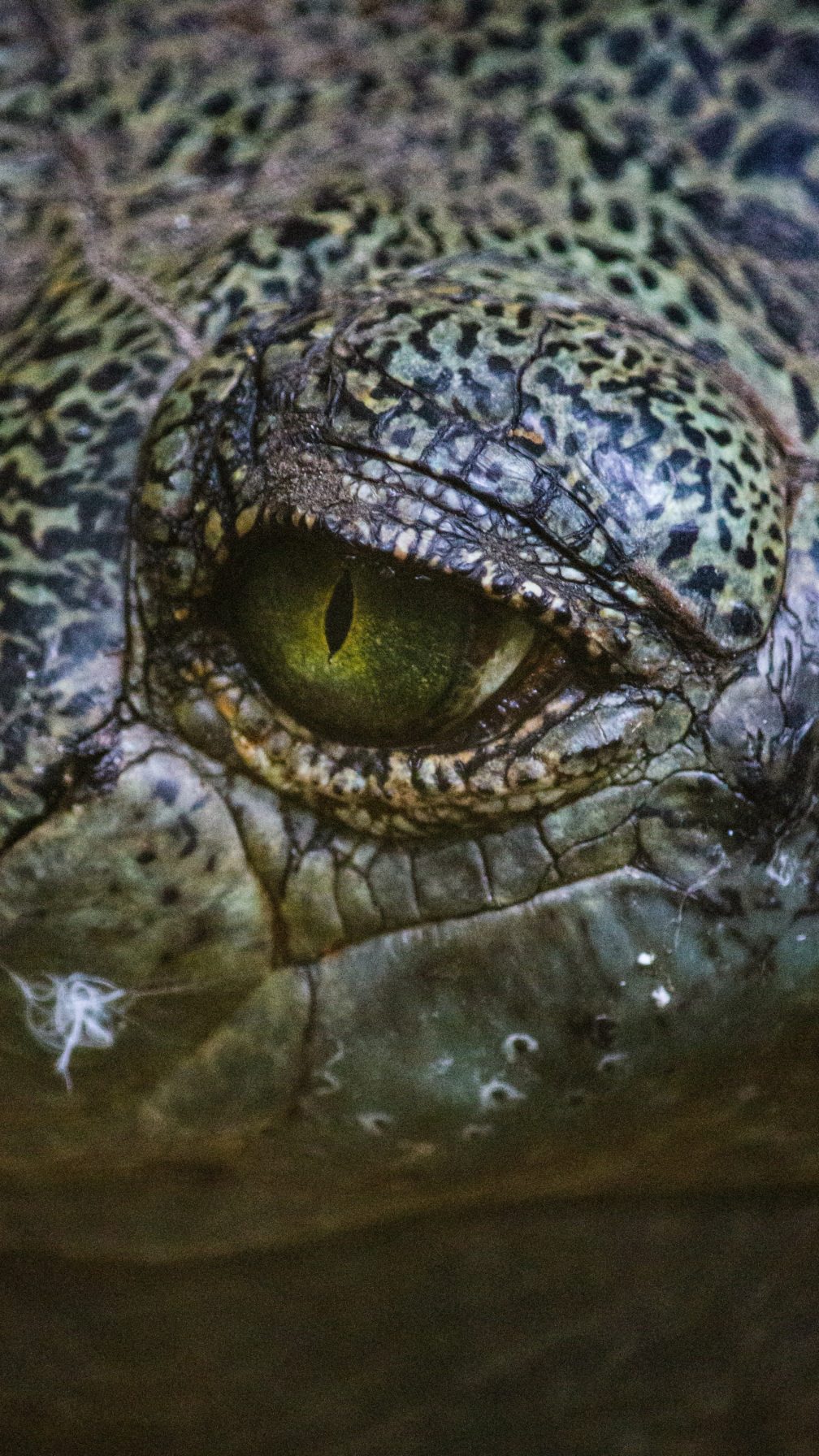Little Girl sat on the porch watching the rain make puddles in the street. Summer was gone and so was Pa. He always went away to work because, Ma said, it was “hard times”. It had been Hard Times as long as Little Girl could remember. Ma said some people did not have enough to eat; some did not even have a roof over their head or shoes to wear. Little Girl had shoes but only one pair so she didn’t wear them all day every day. They pinched her toes anyway.
Sister came out to the porch letting the door slam behind her. Little Girl smiled; Ma would not like that. Sure enough Ma yelled from the kitchen. “You tryin’ to break that door?” Sister stuck out her tongue but Ma couldn’t see her. Ma could see and hear a lot but she couldn’t see through walls. Lucky for Sister.
“Whatcha doin’?” Sister came to stand at the porch rail next to Little Girl.
“Nuthin’. Watchin’ the rain.”
“That’s not nuthin’.”
Little Girl wanted to sass Sister but Sister was older and bigger so she zipped her lip.
“Ma says it’s time to get ready.”
“For what?”
“Dinner. We’re goin’ to Old Woman’s house. You gotta put on your shoes and get a sweater.”
Little Girl groaned. Old Woman’s house was bo-o-o-ring. She only had two toys, leftovers from when her son was a little boy. A wooden train and a wooden car; all the paint was chipped off and the car only had three wheels. Old Woman’s son had died of something called tub-burr-culosis but she kept the toys. She always told the same story about how her son had loved the train and the car. Besides, Old Woman’s cooking wasn’t as good as Ma’s.
Sister poked her in the ribs. “Come. On. Ma says move it.”
Little Girl did as she was told.
When they got to Old Woman’s house she greeted them at the door, shooed Little Girl and Sister toward the old toys which sat on the shabby living room rug and took Ma into the kitchen with her. Little Girl and Sister sat on the floor but they did not play; instead Sister shushed Little Girl and nodded toward the kitchen. Ma and Old Woman were talking quietly but some of their words got into the living room and into Little Girl’s ears. It sounded like Ma was crying. Ma never cried! This scared Little Girl who started to get up to run into the kitchen.
But Sister grabbed her arm and shook her head “no”. Little Girl sat back on the floor and listened.
“He’s not coming back . . . said we was done . . .what I’m gonna do . . .”
“It might be a good thing. He can’t hit you or the girls any more.”
“. . . have to find a job . . . my sister might help but . . .”
“If you have to work, the girls can come to me after school.”
It was then that Sister pinched Little Girl on the back of the hand; she yelped real loud and Ma came rushing into the room.
“Elsie, Barbara Jayne! Stop it this minute.”
“But Ma!” Little Girl waved her reddened hand at Ma.
“I mean it.”
“Sorry, Ma.” Sister was looking like an angel. Little Girl frowned at her. But when Ma went back into the kitchen, Sister whispered. “We can’t come here after school everyday if Ma has to work. It’s too boring! We hafta find some way to make her take that back.”
Dinner that night was chicken and dumplings, one of Little Girl’s favorite meals. Ma made the best dumplings. Pa always said they were light as a feather. Always used to say. Old Woman ladled up the food, putting two small dumplings and a bit of chicken on Little Girl’s plate. Sister got the same. They both scooped up a dumpling and bit into it. Sister made a face but kept eating. Little Girl’s dumpling was hard. She spit it back onto her plate.
“I can’t eat this. It’s hard as a brickbat!”
“Barbara Jayne!” Ma was red in the face. But not as red as Old Woman.
“But Ma, you always says that!”
When Ma tucked them in that night she didn’t say much. After she left the bedroom Sister whispered from the other side of the small dark room. “You hungry?”
“Yes, you got any food?”
“Nope.” Sister was quiet for a minute but then she giggled. “At least we won’t have to go to Old Woman’s house again.”

